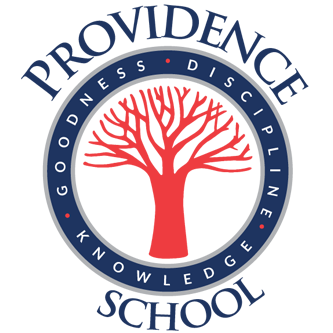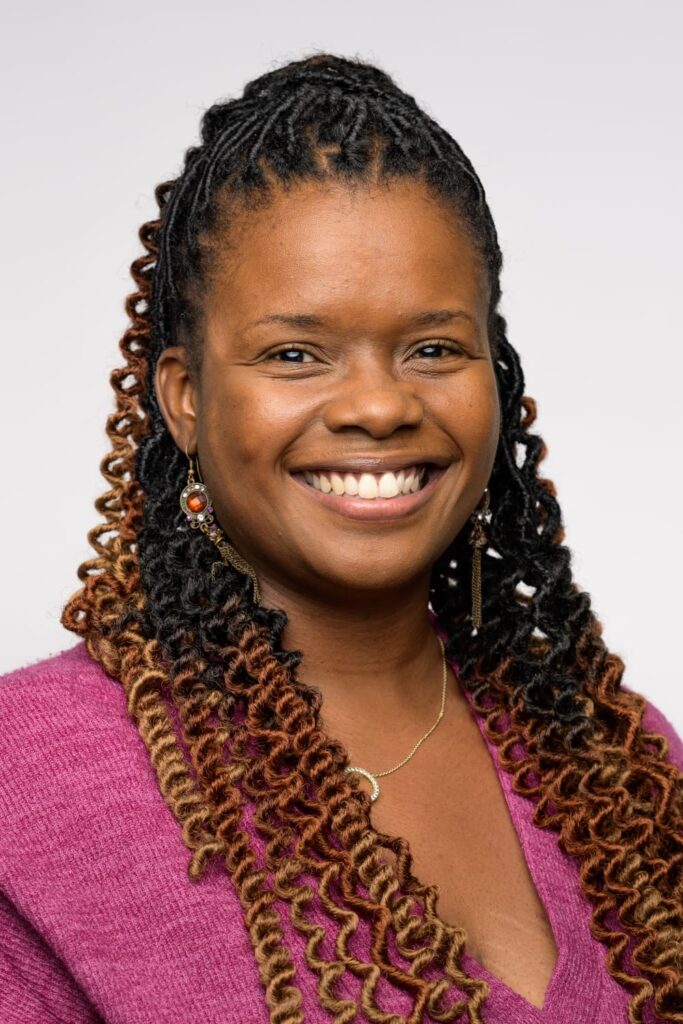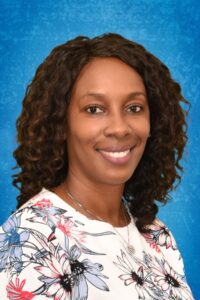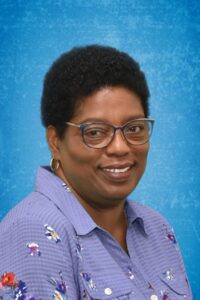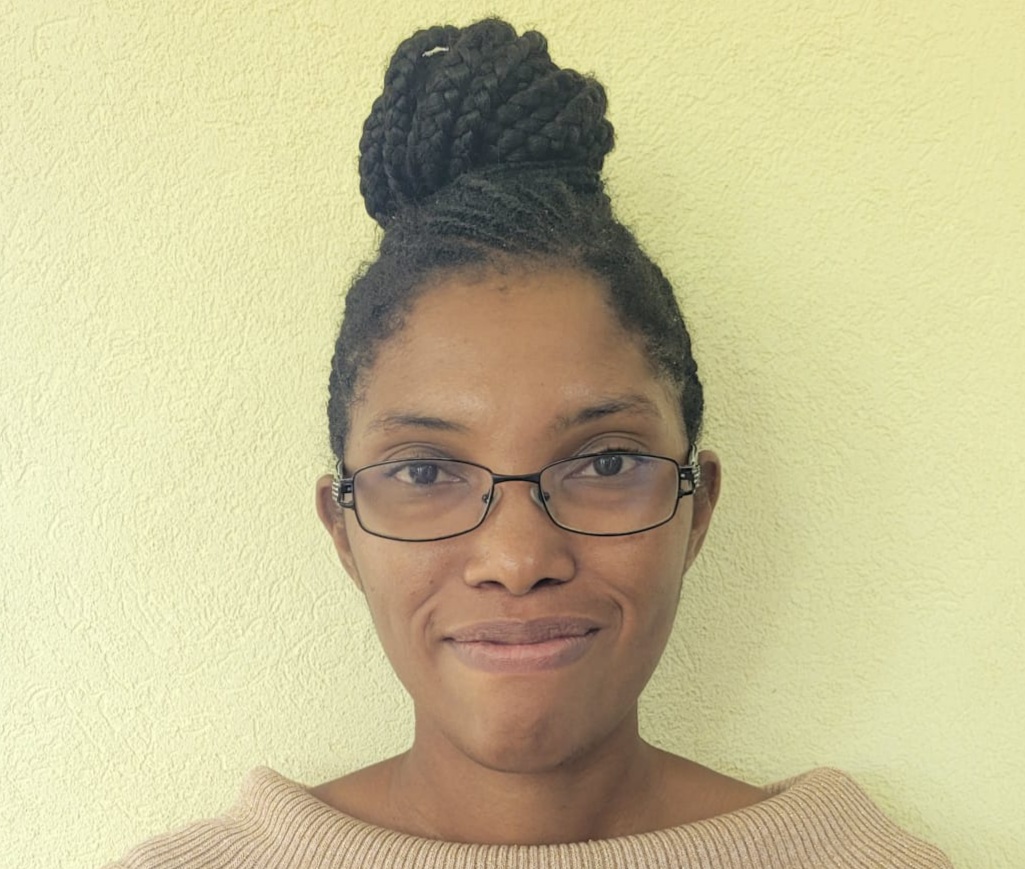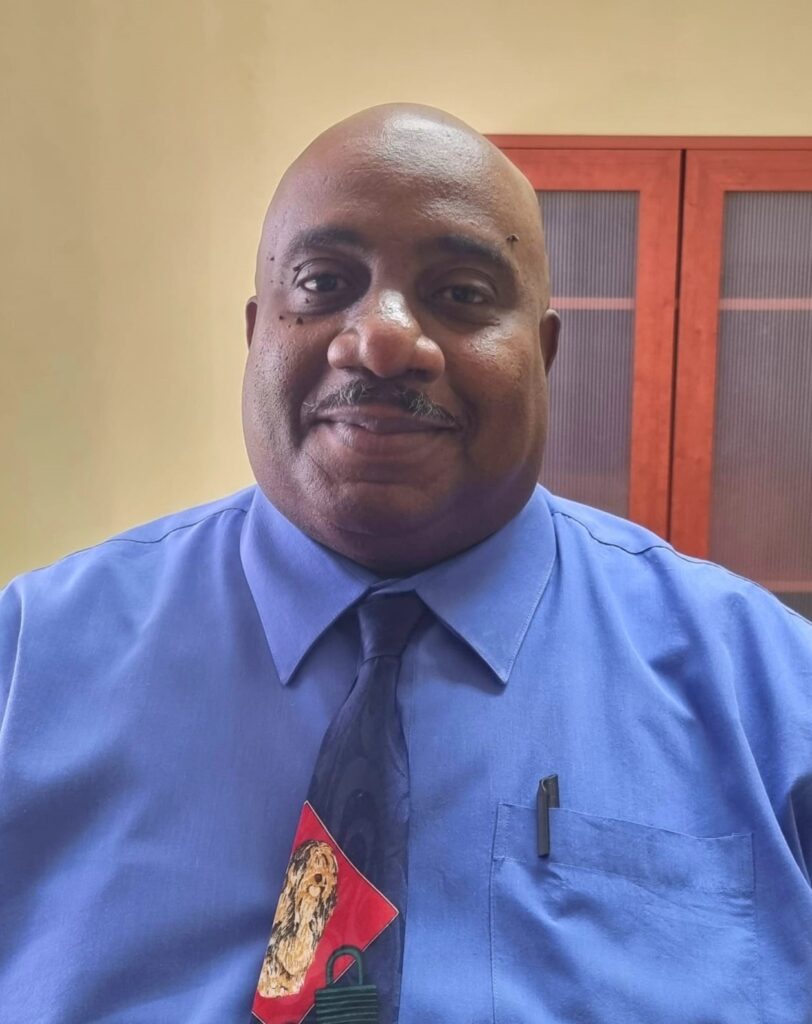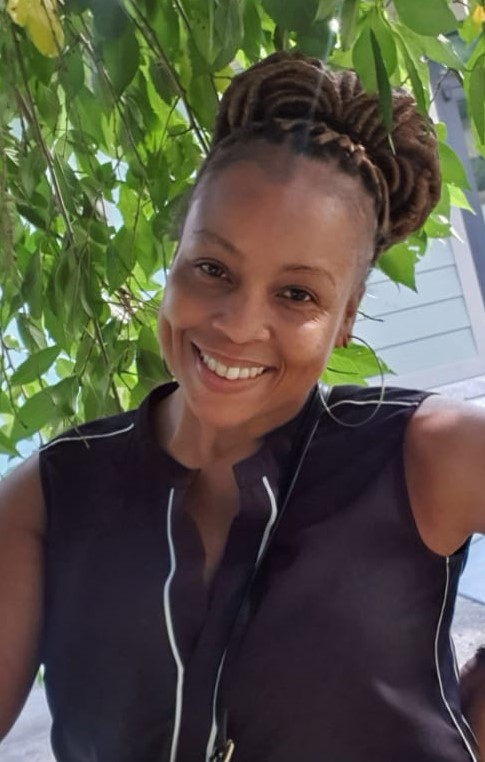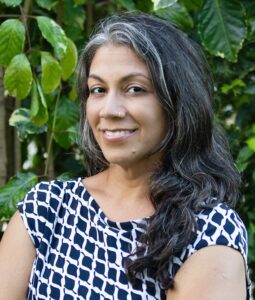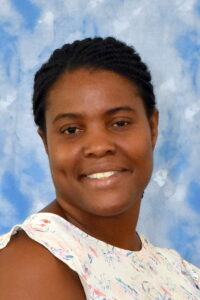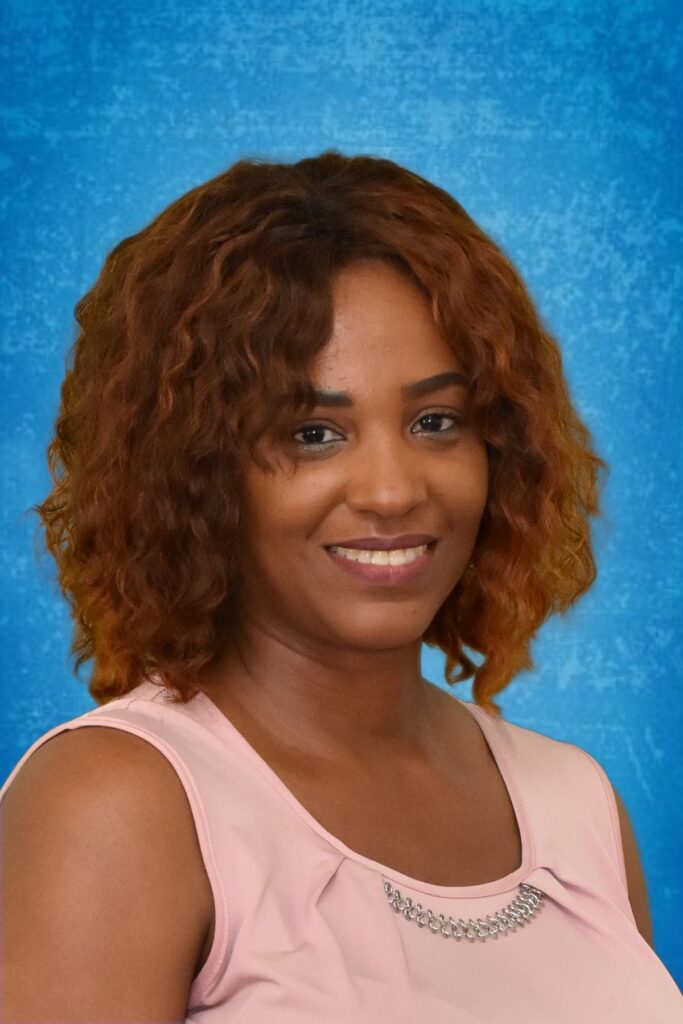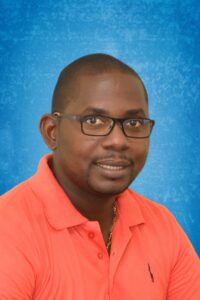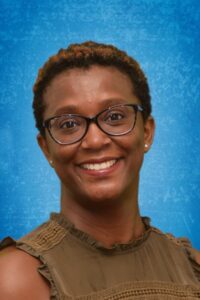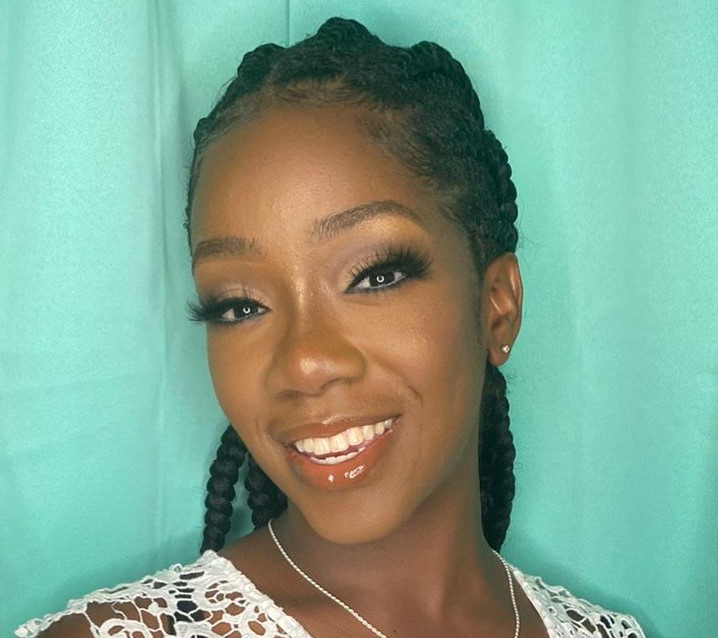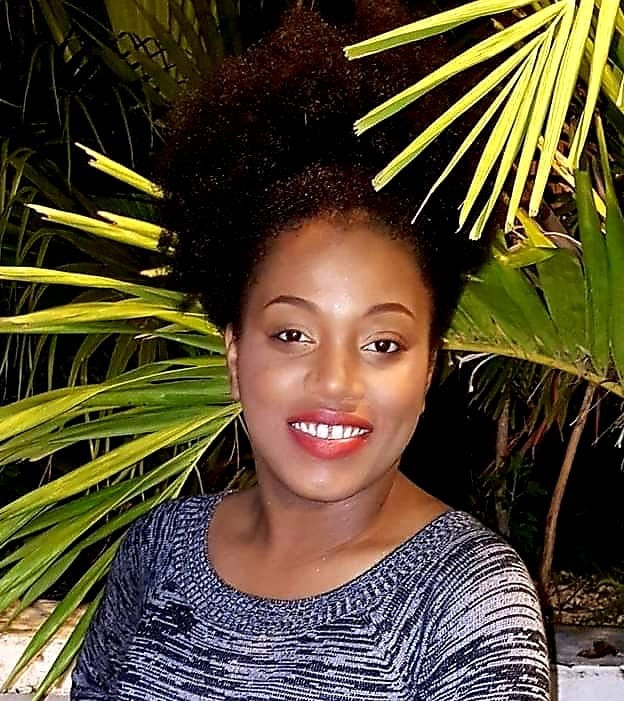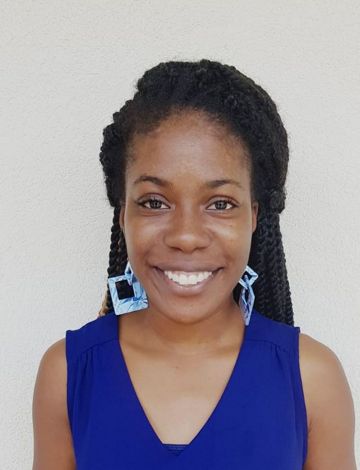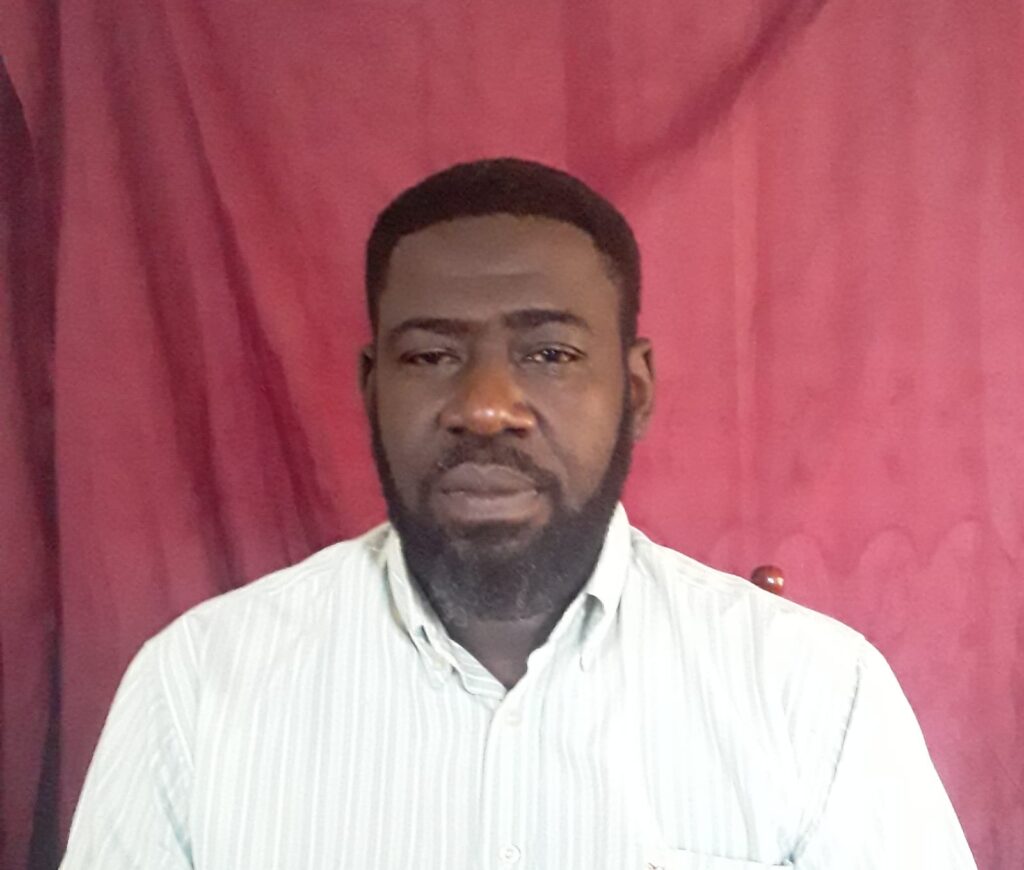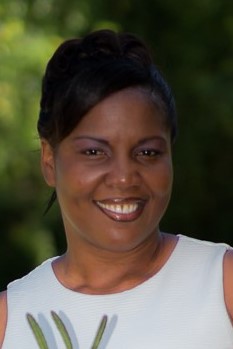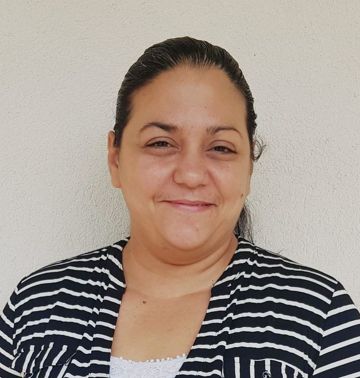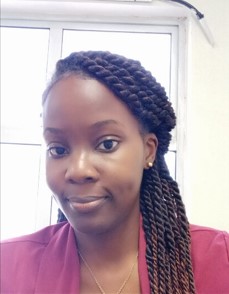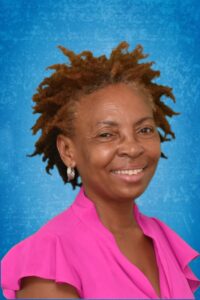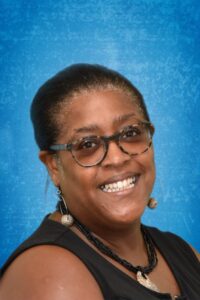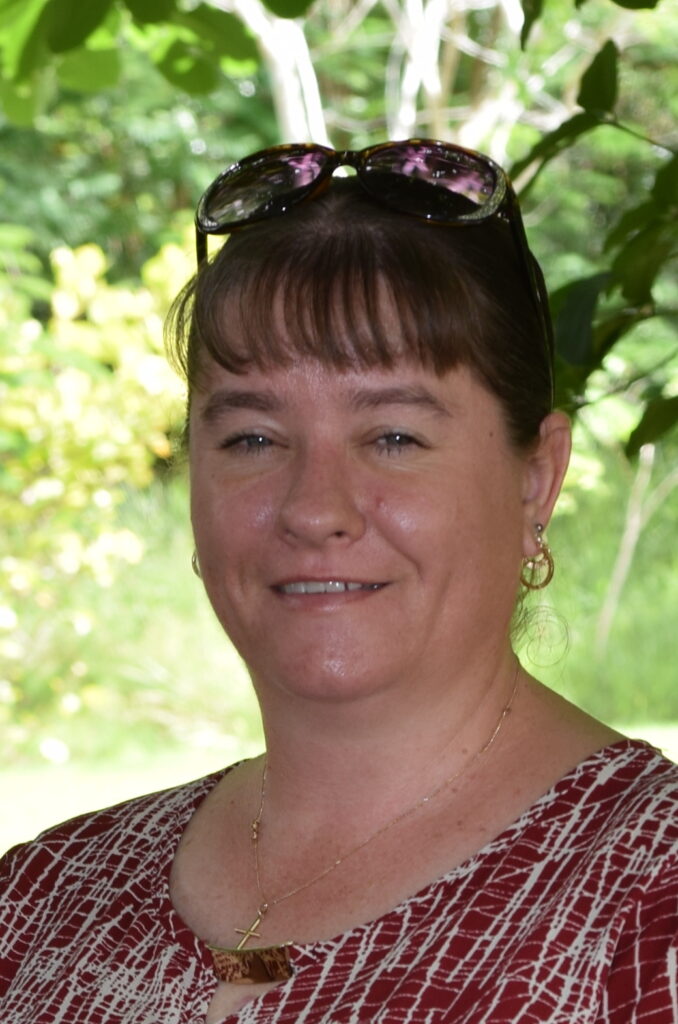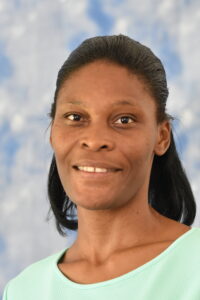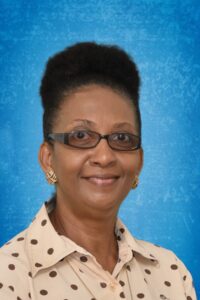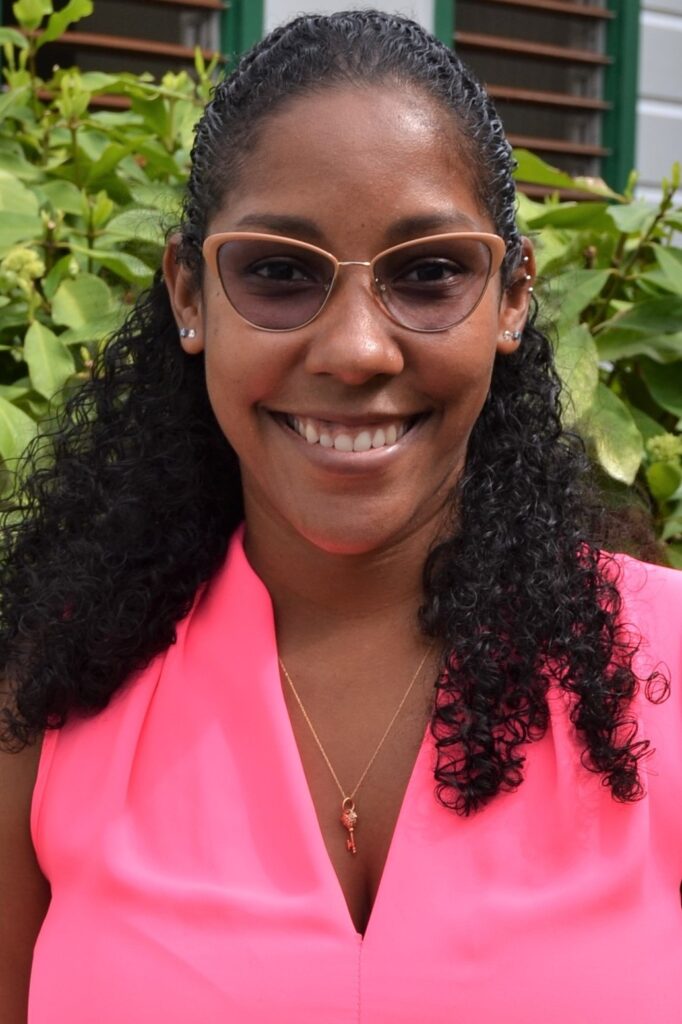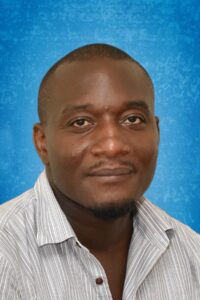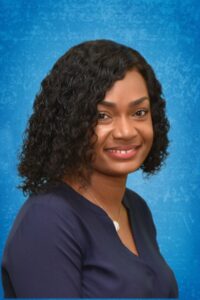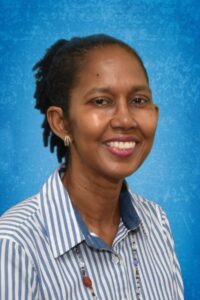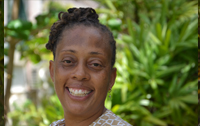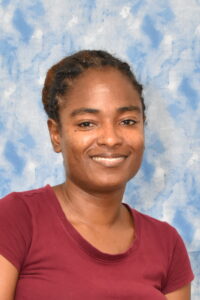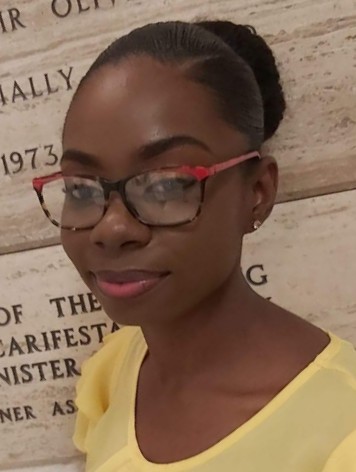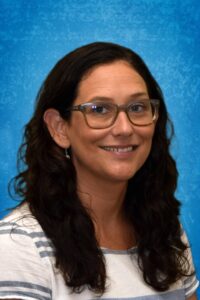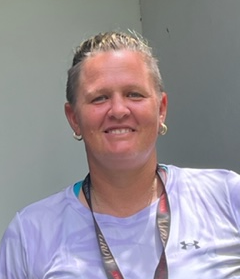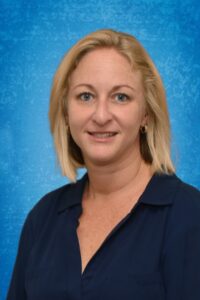PRESCHOOL AGE 3
Language Arts
Students will be involved in activities that develop their social development while they explore thoughts, ideas, feelings, and oral experiences. These social development skills will also be encouraged while they are working with others. Activities that engage them in fostering self-control will be reinforced. Planning and the development of organizational skills will be introduced in order that students begin to nurture their cognitive development. Development strategies for comprehending and responding to literary emergent behaviors and media text will also be reinforced. Enhancement of auditory, visual/perceptual skills and memory will be continually explored. Students will begin to develop penmanship and communicate ideas in print.
Mathematics
Students will also develop an understanding of and an ability to apply simple mathematical language and the application in practical interactive situations.
Science
The children will be asked to demonstrate an understanding of the fact that there are differences between plants and animals and that they have certain needs. In addition, children will develop an understanding of the fact that animals move, eat, grow and have young.
Family Life & Social Development
The importance of family and teaching the children to engage in activities that enable them to function in the school and the community will be encouraged frequently.
Music, Art, Drama and Physical Education will be integrated throughout the curriculum.
RECEPTION AGE 4
Language Arts
Students will be encouraged to articulate language, thoughts, ideas, feelings and experiences that are part of their day to day life. Comprehending and responding to literary and media text, along with processing and communicating information effectively will all be part of their ‘Balanced Language’ experience. Enhancing their auditory, visual/perceptual skills and memory will facilitate their emergent literacy behaviors. Further development in penmanship will allow them to continue to progress and communicate ideas more effectively.
Mathematics
Students will develop an understanding of and an ability to apply simple mathematical language to given situations. The students will develop problem-solving skills during play activities. Demonstrating an understanding of, and an ability to apply measurement terms and identify relationships between and among these concepts will all be part of their emerging mathematical development.
Science
The children will learn that there are differences between living and non-living things. They will also learn that plants and animals have certain basic needs. The focus with animals will be discussion around how they move, eat, grow and have young.
Family Life & Social Development
Students will be given a greater understanding of their emerging self, others and the importance of family. Developing a greater sense of independence will be encouraged.
Music, Art, Drama and Physical Education will be integrated throughout the curriculum.
INFANTS A AND B
INFANTS A AGE 5
Language Arts
Students will be encouraged to engage more in oral language, thoughts, ideas, feelings and experiences. More focus will be given to: comprehension and response to literary and media texts, auditory, visual skills and memory enhancement. Effective processing and communication of information and collaborative and collegial learning will continue to be encouraged.
Mathematics
Students will develop an understanding of and an ability to apply simple mathematical language in realistic situations and perform mathematical operations. Problem solving in relation to everyday situations will be a greater focus. Measurement and measurement application to daily life will also be a thematic unit.
Science
The children will develop an understanding that all matter has properties that can be observed and measured. They will explore living things, their life cycles and their habitat. Exploration of the properties of materials in the environment will be observed and the children will note changes and make predictions. In addition, they will develop an understanding about how people, animals and objects move from one place to another.
Family Life & Social Development
The promotion of socially acceptable behavior, self-control and activities that enable the student to function in the school and community will all be areas of focus. The importance of family and the student’s role and responsibility within the family will be highlighted.
Music, Art, Drama and Physical Education will be integrated throughout the curriculum.
INFANTS B AGE 6
Language Arts
Students will continue to be encouraged to engage more in oral language, thoughts, ideas, feelings and experiences. Continued focus will be given to: comprehension and response to literary and media texts, auditory, visual skills and memory enhancement. Effective processing and communication of information and collaborative and collegial learning will continue to be encouraged.
Mathematics
Development of mathematical language in realistic situations will be fostered. Students will perform mathematical operations and problem-solving behaviors related to daily living. Measurement terms, concepts and their relationships will be a greater area of focus in order that students understand their practical application.
Science
The children will explore living things, their life cycles, and their habitats. They will develop an understanding that all matter has properties which can be observed and measured. Exploration of the properties of materials in the environment will be done, with special attention made to changes and predictions. Motion will also be introduced in order that children develop an initial stage of understanding that people and objects move by different methods.
Family Life & Social Development
The promotion of socially acceptable behavior and self-control will continue to be a focus in order that students develop a sense of self and greater independence. Planning and organizational skills will be emphasized in order that the student will be able to function more effectively in the school and within the community. The importance of family and the student’s role and responsibility within the family will continue to be a central focus.
Music, Art, Drama and Physical Education will be integrated throughout the curriculum.
JUNIOR 1, 2, 3, 4
JUNIOR 1 AGE 7
Language Arts
Students will use speaking and listening skills to communicate effectively. They will also be asked to demonstrate proficiency in basic reading skills and strategies in order to continue to develop vocabulary and fluency in reading. The children will be asked to read many different texts and materials, to develop an awareness of the connection between literature and life. Reading comprehension and the interpretation of the materials will be stressed. Process writing will be a focus in order that the students are able to: organize thoughts, draft, edit and revise written material. Writing conventions with appropriate grammar usage and writing to communicate specific ideas will be critical in their language development. Appropriate penmanship will be practiced.
Mathematics
Development of the basic operations (addition, subtraction, multiplication and division) involving whole numbers and discussing a variety of problem solving situations will be a central focus in order to stimulate and facilitate problem-solving involved in everyday life situations. Understanding fractions using concrete materials and diagrams and the specific addition and subtraction operations will be stressed with their proper applications. Measurement and estimation with objects in their day-to-day environment will be taught in order that students are able to demonstrate proper understanding. Understanding of key concepts of geometry using concrete materials and drawings will be introduced.
Science
The children will learn to interpret and understand data and display them in a variety of ways. They will be asked to demonstrate and understand that living things are made of small structures and that they have describable characteristics which distinguish them from non-living things. Students will engage in activities involving time, measurement, design, and construction skills. Observation and data-collection associated with weather will be examined. Force, sound, water properties and their use in everyday life will be looked at to foster an appropriate understanding. Plant recognition (size, shapes, and colors) and agricultural skills and tools will be classified in order to give the students a greater understanding of agriculture. Environmental planning and organizational skills will be reinforced to care for our ‘Ecosystem.’ Animal species, their habitat and movement will all be discussed.
Family Life & Social Development
Children will begin to understand and demonstrate ways in which their health and well-being can be enhanced and maintained. They will begin to understand and demonstrate behaviors that prevent the spread of childhood diseases, reduce the risk of becoming involved in potentially dangerous situations and protect their own health, as well as promoting health within their family. The extension of health promotion within the school and community will be reinforced and cultivating positive peer relationships will be addressed.
Music, Art, Drama and Physical Education will be integrated throughout the curriculum.
JUNIOR 2 AGE 8
Language Arts
Students will continue to be encouraged to develop more effective speaking and listening skills in order to communicate. Proficiency in basic reading skills, vocabulary development and reading fluency will be encouraged. Diverse literature collections will be studied in order that students become more aware of literature and life connections.
Reading comprehension, interpretation and evaluation of instructional materials will be looked at critically. Process writing, drafting, editing and revising will be reinforced along with writing with variety and purpose. Grammar conventions will be addressed to enhance writing along with appropriate penmanship.
Mathematics
Understanding basic number concepts that assist in the manipulation of the four basic operations will be an area of focus. Application of the operations with basic fractions will be performed. Demonstrating the ability to use standard and non-standard units of measurement to solve every day problems with instruments will be a basic expectation. Geometry concepts and their constructs will be differentiated and utilized. The concept of sets and their characteristics will be analyzed. Data collection and problem solving strategies surrounding all these mathematical concepts above will represented.
Science
The children will recognize plants, their basic needs and differences and how they are equipped for survival. Good gardening techniques and data collecting will be done to foster good agronomic practices. Magnets, their use and experimentation will be covered. The properties of light and the importance of light to plants and animals will be investigated. Appreciation of the human body, its organs and functions will be looked at in relationship to healthy living. Camouflage, as well as the interdependence of plants and animals will be an area of study. Waste, recycling and reduction will be investigated in relationship to landfills and our school grounds. Astronomy will be touched upon from an observational perspective (stars, moon) in order to recognize that there are different bodies in the night sky. Properties of air will be identified. Appreciation that the sun is the main source of energy, its usefulness and its impact on our daily lives will be an area of investigation.
Family Life & Social Development
Children will understand and demonstrate ways in which their health and well-being can be enhanced and maintained. The process of understanding and demonstrating behaviors that prevent the spread of common diseases will be continued as well as reviewing behaviors that reduce the risk of potentially dangerous situations related to their health. Understanding and demonstrating good health practices for the family, within the school and community and cultivating positive relationships with peers will be a central focus within the curriculum.
Music, Art, Drama and Physical Education will be integrated throughout the curriculum
JUNIOR 3 AGE 9
Language Arts
Students will be encouraged to listen, evaluate, and speak in formal and informal situations using appropriate conventions of language to communicate. Appropriate reading strategies will be used to comprehend a variety of self-assigned and self-selected materials. Extensive reading will be done from a diverse collection of texts. Reading for comprehension, interpretation, and evaluation will be stressed with a wide range of appropriate materials. Process writing will emphasize organization of thoughts and information as well as drafting, analyzing, editing, and revising for specific purposes. Writing conventions will stress English grammar appropriate for specific purposes.
Mathematics
Manipulating basic number concepts that assist in the implementation of the four operations will be an initial focus. Manipulating fractions and whole numbers, working with different types of fractions and expressing them as decimals will be done in order that the student gain a deeper understanding of their relationships. The student will understand the use of decimals in everyday life. Students will be asked to understand the linkages between ratio, percentages, fractions, and decimals. Application of the concept of measurement both inside and outside the classroom and its usage in everyday life will be another area of study. Pupils will be asked to apply the concepts in Geometry to identify shapes in the environment. The utilization and interpretation of diagrams will assist the students with solving problems involving Set Theory. Pupils will be expected to recognize different types of graphs and use this information to solve problems and make predictions.
Science
The children will recognize that matter exists in three states, and temperature determines the current state of substance. Pupils will engage in activities that utilize skills such as classification, observation and experimentation. Classification of animals and their differences will be an area of study. Students will be asked to understand the part played by agriculture in the Caribbean region as well as practices for rearing farm animals. Sound and its relationship with musical instruments will be a hands-on activity. Ecosystems involving habitats and plants will be an area of focus. Environmental awareness involving oil and solid-waste will be delved into to heighten the awareness within our globe.
Family Life & Social Development
Children will understand ways in which their health and well-being can be enhanced and maintained. Understanding diseases and illnesses will continue to be an area of study. Reinforcing appropriate behaviors to reduce risks and dangerous situations to health will continue to be stressed. Positive, active, healthy play will be promoted individually and within the family. Promoting positive health practices and peer relationships within the school and community will be a continuing area of emphasis.
Music, Art, Drama, and Physical Education will be integrated throughout the curriculum.
JUNIOR 4 AGE 10
Language Arts
Students will be encouraged to listen, evaluate, and speak in formal and informal situations using appropriate conventions of language to communicate. Appropriate reading strategies will be used to comprehend a variety of self-assigned and self-selected materials. Extensive reading will be done from a diverse collection of texts. Reading for comprehension, interpretation, and evaluation will be stressed with a wide range of appropriate materials. Process writing will emphasize organization of thoughts and information as well as drafting, analyzing, editing, and revising for specific purposes. Writing conventions will stress English grammar appropriate for specific purposes.
Mathematics
Recognizing and utilizing number concepts as applied to other areas of Mathematics will be a central focus. Students will be expected to understand and utilize the concepts of fractions and decimals as they are applied to everyday problems. Demonstrating knowledge of word problems, and integrating the overall concepts and skills learned, is of key importance. Pupils will develop the skills required to accurately perform tasks in measurement. Differentiating between shapes, lines and angles will be a Geometric focus. Students will utilize concepts and skills developed in Junior 3. Pupils will demonstrate the ability to collect and record data as well as utilizing tally charts.
Science
The children will develop an appreciation for data collecting, recording and displaying data as it relates to science. They will be asked to recognize weather as multi-faceted. That is temperature, rainfall and humidity. The relationship of soil to rock as a medium for plant growth will be investigated. Students will learn about the varying rearing practices for certain animals. Circuits, electro magnets and their uses will also be investigated. Preservation of coral reefs in the Caribbean will be a vital topic of discussion. The heart, as a vital organ will be a key area of discussion as it relates to diet. Reducing and recycling solid waste and its strain on landfills will be looked at. Pupils will look at air and its properties and the role it plays in nature. Simple machines will be discussed in relationship to force and friction.
Family Life & Social Development
Children will understand ways in which their health and well-being can be enhanced and maintained. Understanding diseases and illnesses will continue to be an area of study. Reinforcing appropriate behaviors to reduce risks and dangerous situations to health will continue to be stressed. Positive, active, healthy play will be promoted individually and within the family. Promoting positive health practices and peer relationships within the school and community will be a continuing area of emphasis.
Music, Art, Drama, and Physical Education will be integrated throughout the curriculum.
